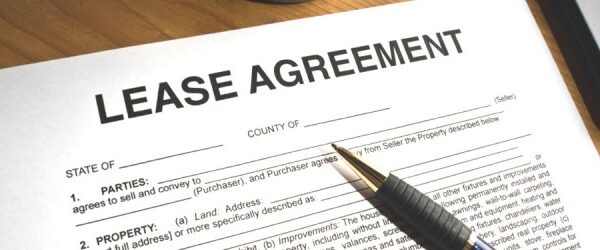The Truth about Common Law Marriage

With wedding season upon us, many people will be spending their summer weekends toasting happy couples up and down the country. We all love a good wedding, but more and more people are choosing not to marry.
There are many reasons for this, including changing attitudes and financial implications; however, this decision can prove disastrous for couples when one partner dies, or if the relationship breaks down.
In the UK there are currently over 3 million unmarried couples living together and as this figure rises, there is increasing pressure for the law to change to provide cohabiting couples with more legal protection.
As the law can be misleading, and many people are still unsure as to what their cohabiting rights actually are, we have laid out the facts, plain and simple.
What is common law marriage?
Although many people believe that common law marriage is a long-term relationship where two unmarried people live together as if they were spouses, the truth is that in the UK, common law marriage does not exist.
This may come as a shock to many people, as it is generally perceived that over time, a couple living together will come to share the same rights as a married couple.
However, under British law, two unmarried people living under the same roof are effectively no more than housemates. This means that if one partner dies or the couple decide to separate, they may struggle to prove that they are entitled to any part of their partner’s assets or estate.
But if a married couple choose to separate, both partners have a legal duty to support each other and are therefore more likely to be entitled to an equal share of their combined assets, than a non-married couple who have been together the same amount of time or longer.
To avoid this, an unmarried couple can choose to draw up a Cohabitation (Living Together) Agreement.
What is a cohabitation agreement?
A cohabitation agreement is a contract that can set out certain provisions in case you and your partner choose to separate. This can include clauses for financial matters, children and division of assets. It can provide reassurance that if your relationship does end, you may avoid additional disagreements and costly Court proceedings.
What can be included in a cohabitation agreement?
- Each partner’s contribution to rent, mortgage and household bills
- Each partner’s credit history and contribution to each other’s debt repayments
- Percentage each partner contributed towards a house deposit
- Details of joint bank accounts
- Childcare costs and custody should the relationship end
- Living arrangements of any pets
- Details for how joint purchases, e.g. furniture or cars, would be divided in a separation
Why is a cohabitation agreement so important?
No matter how mutual a break-up, there are always difficult decisions to make and often, resolving issues can be a stressful and upsetting experience. For example, a partner who has given up work to care for children, while their partner works, may find themselves struggling financially if the relationship breaks down, as they will not be legally entitled to anything.
In the same way, if your partner dies without leaving a will, you will not automatically inherit anything, whereas a widow(er) would be entitled to part or all of the estate.
Drawing up a cohabitation agreement helps protect the rights of both partners and any children if something does happen that causes the relationship to end, helping to avoid unnecessary tension, emotion and costly Court proceedings.
If you and your partner are considering moving in together and want advice on the best way to protect your finances, or you have split with your partner and are worried about the implications, then speak to Caversham Solicitors, who will be able to provide impartial advice. Call now on 0800 085 5575




